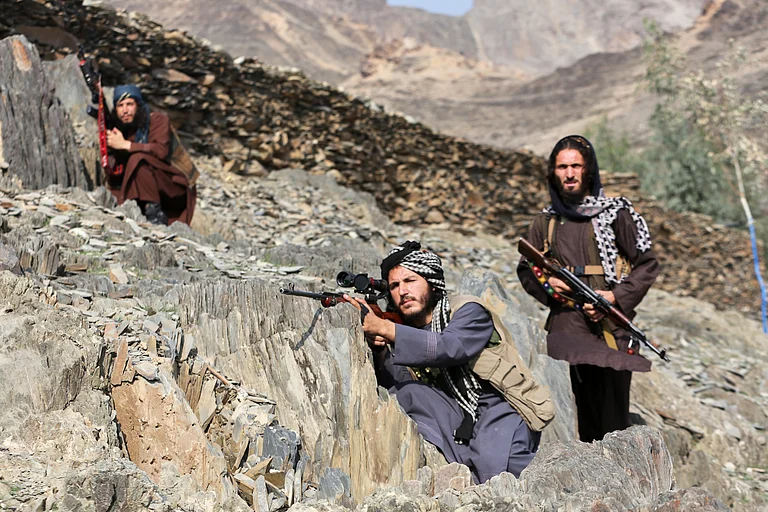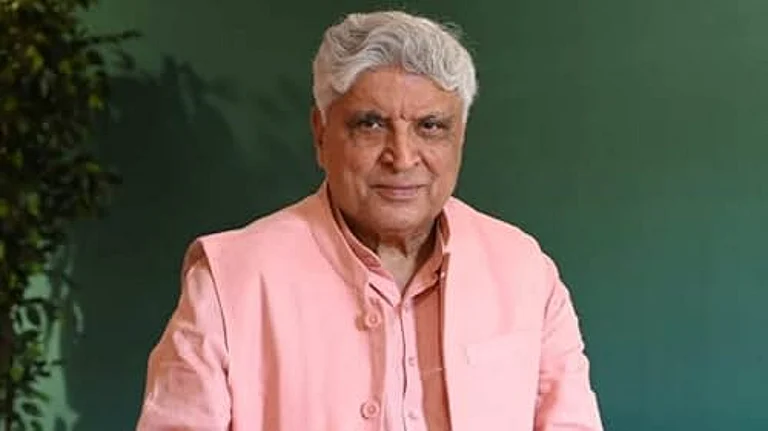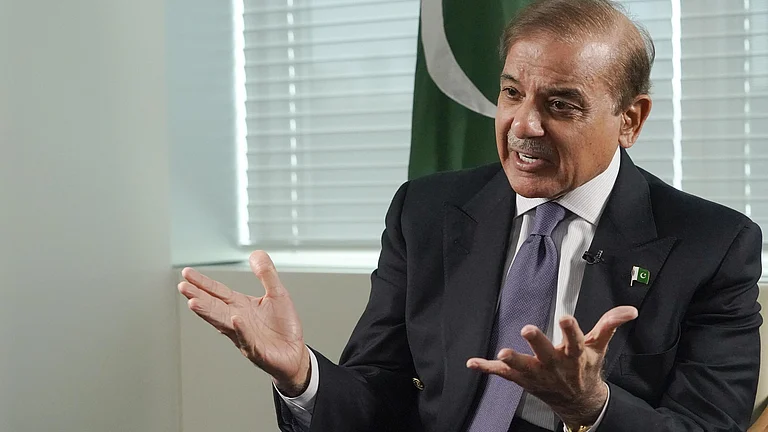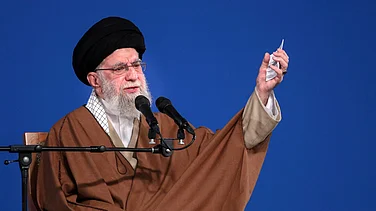
Afghanistan’s Foreign Minister Amir Khan Muttaqi arrived in New Delhi for a week-long visit and and will hold talks with S. Jaishankar and Ajit Doval.
The thaw in India-Afghanistan ties comes as tensions between Kabul and Islamabad increase, with cross-border violence rising to levels last seen in 2015.
Afghanistan's Foreign Minister Amir Khan Muttaqi landed in New Delhi on October 9 for a week-long visit starting on Thursday.
Muttaqi's visit comes days after the UN Security Council’s Taliban Sanctions Committee granted a temporary exemption to the travel ban imposed on him. India still does not recognize the Taliban regime in Afghanistan.
Ministry of External Affairs spokesperson Randhir Jaiswal welcomed Muttaqi on his arrival in New Delhi. "We look forward to engaging discussions with him on bilateral relations and regional issues," Jaiswal posted on X.
Muttaqi will hold extensive talks with External Affairs Minister S Jaishankar and National Security Advisor Ajit Doval during his six-day trip to India, PTI reported.
This would be the first ministerial visit from Kabul to New Delhi after the Taliban came back to power in Afghanistan in August 2021. Muttaqi is also likely to press India to permit the Taliban to appoint an official envoy to the Afghan embassy in New Delhi and to approve an expansion of staff at the Afghan consulates in Mumbai and Hyderabad, DW reported.
In January, following talks between Foreign Secretary Vikram Misri and Muttaqi, the Taliban regime referred to India as an "important" regional and economic power. Jaishankar too spoke with Muttaqi over the phone on May 15, marking the highest-level engagement between New Delhi and Kabul since the Taliban’s takeover.
The warming of relations between Afghanistan and India coincides with the deterioration of ties between Afghanistan and Pakistan. Following the Taliban’s return to power in August 2021, cross-border tensions and militant activity between the two neighbours increased significantly, according to data from the Islamabad-based Pak Institute for Peace Studies. By 2024, the level of violence had risen to levels comparable to those seen in 2015 and earlier, highlighting a sharp reversal in regional stability.
In a significant shift, New Delhi joined Islamabad, Beijing and Moscow in backing the Taliban and rejecting U.S. President Donald Trump’s proposal to re-establish a U.S. military presence at Afghanistan’s Bagram air base. In a joint statement issued earlier this week after the 7th Moscow Format Consultations on Afghanistan held in Moscow , New Delhi denounced foreign military deployments as "unacceptable" for regional stability.
"For the first time the Afghan delegation headed by Foreign Minister Amir Khan Muttaqi participated in the meeting as a member," said the joint statement released by all participating countries. The statement also called for enhanced economic cooperation, greater humanitarian assistance and improved regional connectivity initiatives with Afghanistan, along with stronger counter-terrorism efforts.
"They called unacceptable the attempts by countries to deploy their military infrastructure in Afghanistan and neighbouring states, since this does not serve the interests of regional peace and stability," the statement added.
Apart from Russia, no country has yet recognised the Taliban government. Since the Taliban’s takeover of Kabul in 2021, representatives of the ‘acting government’ in Afghanistan had participated in such meetings only as observers.
However, a photograph released after Tuesday’s meeting showed Muttaqi seated alongside other national delegates, with the Taliban’s "black-and-white" flag displayed in place of the red, black and green tricolour of the former Afghan republic that continues to be recognised by the United Nations, The Hindu reported.




























